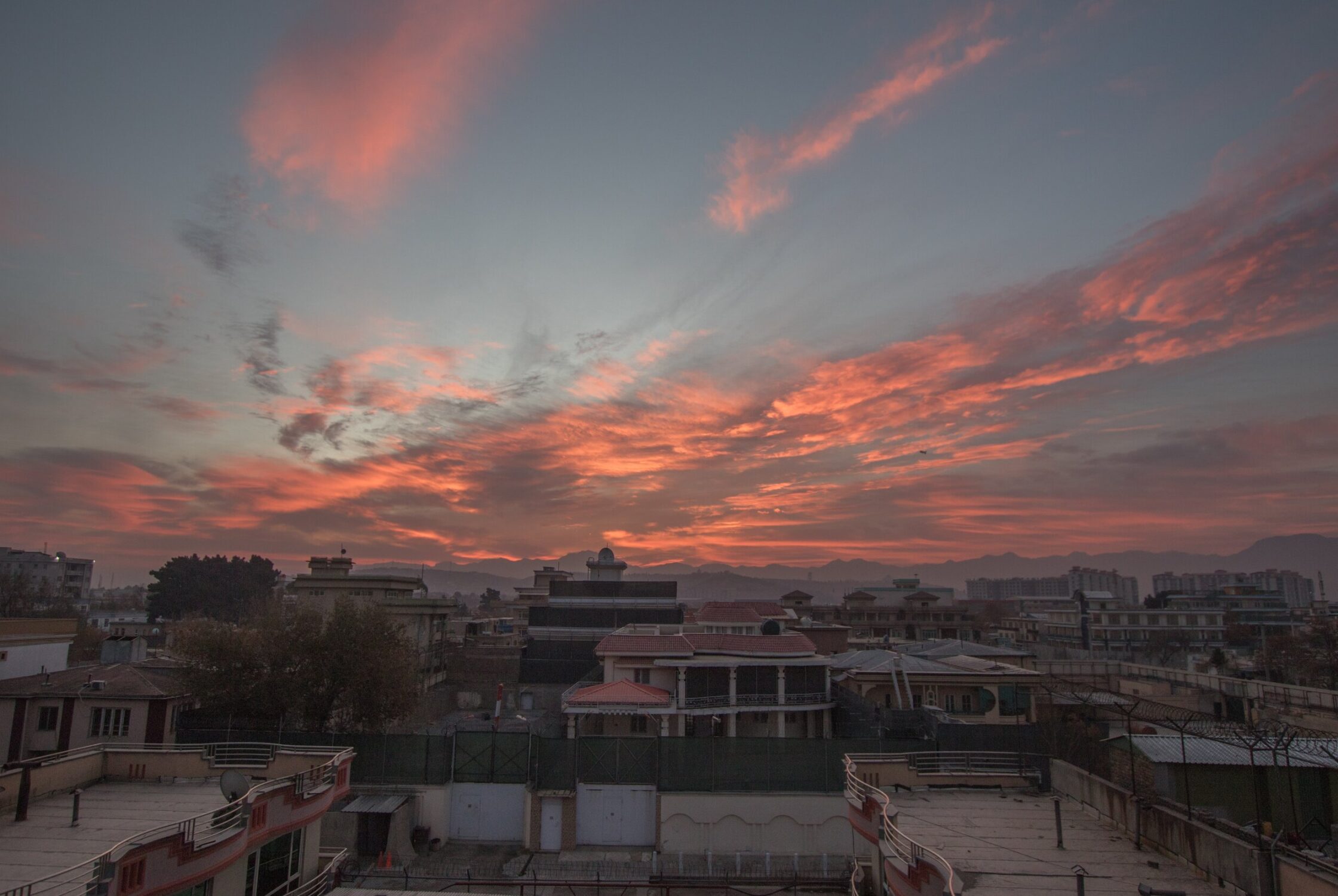Refugees International Letter to President Biden Urges Immediate Action to Protect Afghans at Risk

The Honorable Joseph R. Biden
The White House Washington, DC 20500
Dear Mr. President:
I write to you about your address to the nation today.
I also write as a former NSC staff member and State Department official who has played decision-making roles in a number of humanitarian crises involving the need to take urgent action on behalf of foreign nationals seeking to flee their countries of origins. And my prior experiences, from crises involving Iraq, Cuba, Rwanda, Kosovo and several other countries, inform my recommendations.
In particular, I appeal to you to take urgent additional action to address critical human rights and humanitarian imperatives involving Afghans at risk. Whatever one’s views about the national interests served by the end of U.S. military involvement in Afghanistan—or about the failure of Afghan security forces to defend themselves and the former government—there is no question that the U.S. military withdrawal and the Taliban assumption of authority has created enormous risks to hundreds of thousands of Afghans.
During the period of their rule and in two decades that have followed, the Taliban have been responsible for egregious, systematic, and widespread violations of human rights, and there is little reason to expect a Taliban government would change those practices. In fact, as recently as last week, the UN cited several reports of serious abuses, including summary killings, and a UN spokesperson noted that “women are already being killed and shot for breaching rules.” Under these circumstances, I hope you will consider and announce the following measures when you address the nation today:
- First, I urge that you appoint a special presidential envoy for Afghan humanitarian and refugee issues.
This may be my most important recommendation, especially if you appoint an individual who has your full support—as it would convey your commitment to ensure the humanitarian and protection needs of Afghans at risk remain a key priority even as you deal with a broader range of national security and consular issues in the context of this crisis.
- Second, I urge that you encourage the UN Secretary General to appoint a UN special envoy for Afghan humanitarian and refugee issues.
This parallel appointment would convey the commitment of the Secretary General and the UN Secretariat to continual and high-level engagement on humanitarian and protection issues.
- Third, I urge that you ensure that the airport in Kabul is secured and is used as long as possible to help evacuate Afghans targeted by the Taliban.
For as long possible, U.S. troops deploying to Kabul should remain in place beyond the embassy evacuation—to scale up flights to finish the airlift of special immigrant visaholders and to facilitate charter evacuation flights for Afghan women and human rights activists, journalists, and others under the highest levels of threat.
- Fourth, I urge that you press as hard as possible for the establishment of a humanitarian corridor to facilitate the flight for those Afghans at risk who will not be able to depart by air.
Of course, you and your administration will need to engage Taliban leadership on this issue and should do so in conjunction with other governments and the UN Secretary General, making clear that any future relationship with the international community will depend on cooperation in allowing people to depart Afghanistan. In this light, I welcome the joint statement by more than 60 countries calling on the Taliban to respect and facilitate the safe departure of Afghans and foreign national wishing to leave the country.
In addition, the Taliban should be warned against attacks on United Nations officials and humanitarian aid workers. The Taliban will want some forms of foreign aid to continue, their government to be recognized, and UN Security Council terrorist designations lifted, among other measures. Attacks on the displaced and on aid workers should jeopardize all of this.
With respect to a humanitarian corridor (or corridors), Islamabad must be engaged immediately and urged to allow Afghan asylum seekers to enter Pakistan. The United States should also encourage Pakistan to keep open land corridors to supply the humanitarian response inside Afghanistan. The United States should be prepared to engage both Turkey and Iran on these critical issues—and strongly urge all governments to permit territorial asylum.
- Fifth, I urge that you strongly support aid to regional host countries—and commit to substantial U.S. resettlement of Afghans as part of an international effort.
To prepare for a protracted crisis, the United States, the World Bank, and donors should ensure significant and substantial assistance to governments you will be asking to host refugees, including Pakistan, Iran, and Turkey. In addition, the United States should express its willingness initially to resettle up to 200,000 Afghan refugees, as part of an international responsibility-sharing effort to rescue and resettle Afghans at risk. While most would be resettled from countries of asylum, a program ultimately could involve direct resettlement from Afghanistan, akin to the Orderly Departure program that resulted in the resettlement of many hundreds of thousands of Vietnamese directly from their country of origin.
- Sixth, I urge that the administration engage the Afghan diaspora community on these critical issues.
Many Afghan families in diaspora are trying to find ways to help sponsor relatives who are in Afghanistan right now, but the process has been unclear and awfully bureaucratic. This community could serve as a critical partner and asset to the administration.
Many thanks for considering these issues.
With appreciation and kind regards.
Sincerely,
Eric Schwartz
President
Refugees International
PHOTO CAPTION: Kabul skyline.